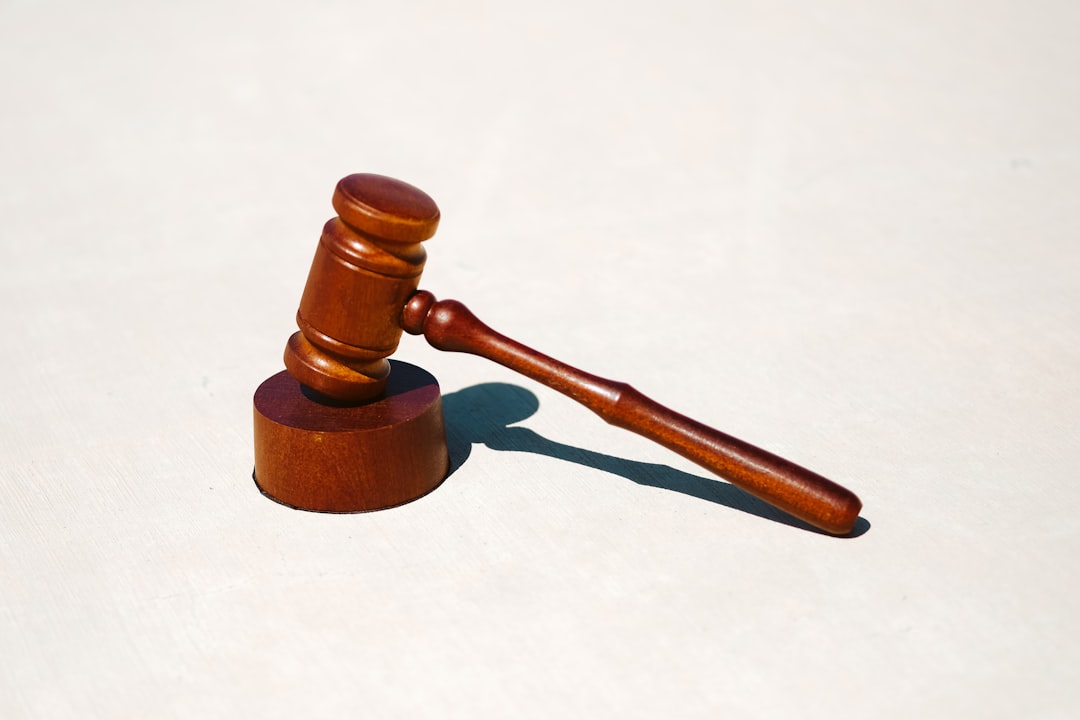“Seeking justice and healing after a traumatic sexual abuse experience can be challenging, but understanding your legal rights in New Jersey is a crucial step. This guide provides an essential overview for survivors navigating the complex landscape of sexual abuse laws in the state. From recognizing your legal options to finding qualified sexual abuse lawyers in New Jersey, we offer practical advice on supporting yourself throughout the sensitive and often daunting legal process.”
Understanding Sexual Abuse Laws in New Jersey

In New Jersey, understanding the legal framework surrounding sexual abuse is crucial for survivors seeking justice and healing. The state has laws in place to protect victims and ensure accountability for perpetrators. A sexual abuse lawyer in New Jersey can guide survivors through this complex process. They help interpret laws related to statutes of limitations, criminal charges, and civil lawsuits, ensuring that survivors know their rights and options.
New Jersey’s legal system offers various avenues for redress, including criminal prosecution for assault, harassment, or other offenses, as well as civil litigation against the abuser or institutions responsible. A sexual abuse lawyer can assist with navigating these options, providing support during legal proceedings, and advocating for survivors’ best interests. This process is a vital step towards justice and closure for those who have experienced sexual abuse.
Navigating Legal Options for Survivors

Navigating legal options after experiencing sexual abuse can be an overwhelming task, but it’s a crucial step towards justice and healing for survivors in New Jersey. Many victims may feel unsure about their rights or where to turn for help. Engaging the services of a skilled sexual abuse lawyer in New Jersey is an essential first step. These attorneys specialize in navigating complex legal systems and advocating for survivors’ rights, ensuring they receive the support and compensation they deserve.
A qualified sexual abuse lawyer can provide guidance tailored to each survivor’s unique situation. They can help explain legal options, including civil lawsuits against perpetrators or institutions responsible for the abuse. By understanding their rights, survivors can take charge of their healing journey while holding accountable those who caused them harm.
Finding Qualified Sexual Abuse Lawyers

Finding qualified sexual abuse lawyers in New Jersey is a crucial step for survivors seeking justice and closure. It’s essential to choose attorneys with extensive experience in handling such sensitive cases, who understand the unique challenges faced by victims. Many sexual abuse lawyers in New Jersey specialize in criminal defense, civil litigation, or both, focusing on helping clients navigate complex legal systems after traumatic experiences.
Survivors can start their search by asking for referrals from trusted sources like local support groups, healthcare professionals, and community organizations dedicated to victim advocacy. Online directories and legal aid websites also provide valuable resources, allowing individuals to filter options based on areas of expertise, including sexual abuse cases. Verifying a lawyer’s credentials, understanding their track record, and ensuring open communication throughout the process are essential steps in finding the right representation for a sensitive matter like sexual abuse.
Supporting Yourself Throughout the Legal Process

Navigating the legal process after experiencing sexual abuse can be overwhelming, but having a dedicated sexual abuse lawyer New Jersey can significantly support survivors. These attorneys are equipped to guide clients through the complexities of the legal system while prioritizing their emotional well-being. They understand the sensitive nature of these cases and offer a safe space for survivors to share their stories.
A sexual abuse lawyer New Jersey-based firm provides crucial assistance, from gathering evidence and interviewing witnesses to ensuring all legal deadlines are met. They empower survivors to take control of their journey towards justice, offering both advocacy and emotional support. This holistic approach ensures that victims feel heard, respected, and capable of pursuing the closure and healing they deserve.





